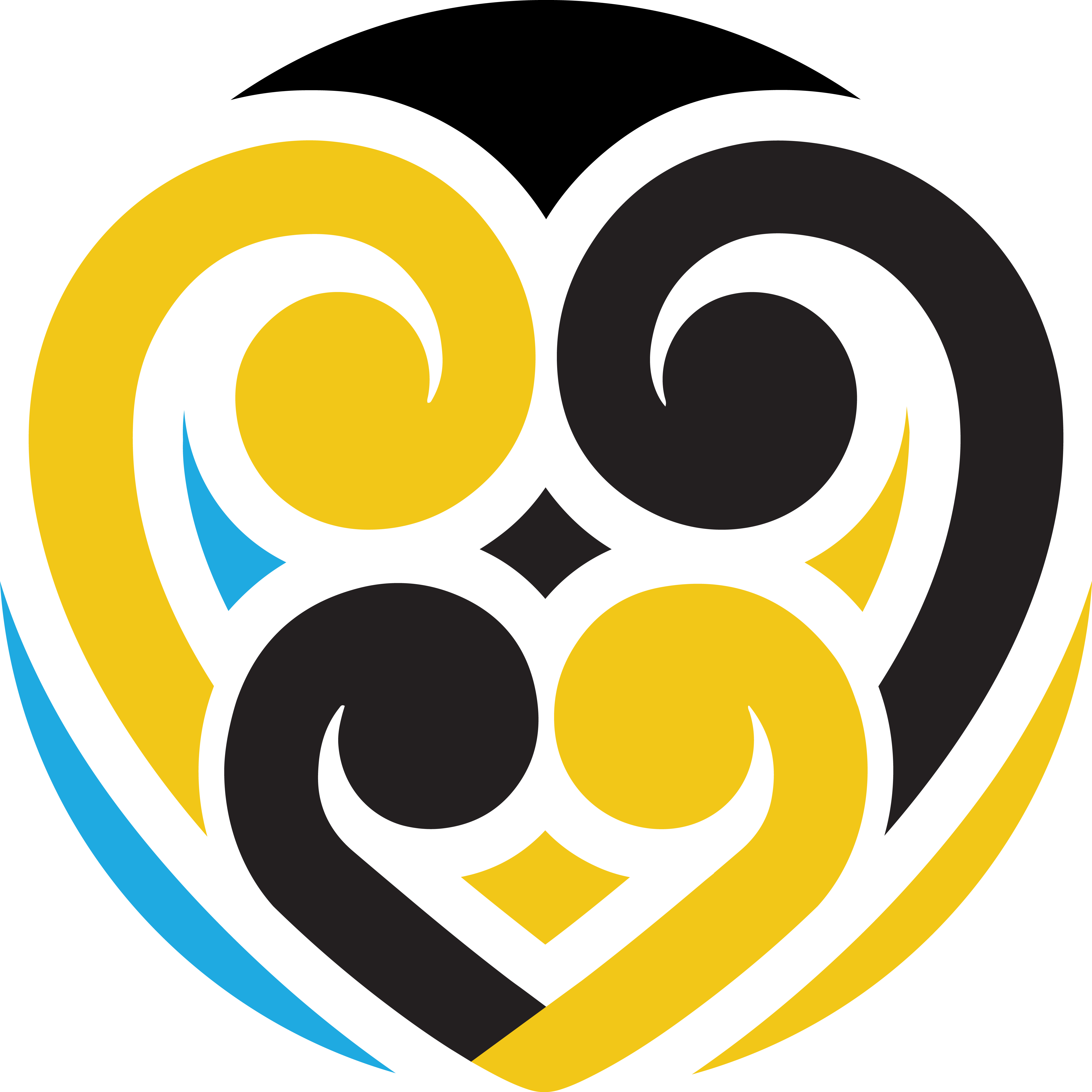Our Learning




Values Driven Curriculum at West End
At West End School, everything we do is underpinned by our values. The values guide us in many ways;
- Through our daily interactions with one another. This extends to all staff, whānau and members of the wider community
- The way that we approach our mahi and our learning
- Our mindsets - what we believe we can achieve
- How we view our place in the school/community
- Our aspirations and subsequent actions
The values encompass principles from Te Ao Māori and enable us to take a culturally responsive stance as we map them onto everything that we do/say/learn etc.
Our values drive the act of learning through a focus on whakamana, but also influence the content and context of the learning as seen in the Histories Curriculum, where we would use the value of Kotahitanga to drive learning around a sense of place (turangawaewae).
Core Beliefs about Learning
We believe that learners are unique.
We believe that learning is profoundly influenced by social relationships.
We believe that learning is significantly affected by emotions
We believe that self-perception directly affects motivation and learning.
We believe that learning is contextual.
We believe that learning is complex and non-linear.
Implications for teaching
Teachers share their passion for learning
All interactions are seen as opportunities for teaching and learning
We demonstrate care for, and appreciation of, each learner
We recognise and respond to individual difference
We include and maximise the participation of learners of different abilities and backgrounds
We differentiate instruction through a relevant range of teaching approaches and strategies
We develop positive relationships with and between all involved in the learners’ learning
We provide a consistently safe, positive, and secure environment
We communicate positive expectations and confidence in the learners’ abilities
We acknowledge and celebrate progress
We acknowledge that environment and culture influence learning
Implications for assessing
We see the primary focus of assessment being to improve/enhance learning
Learners are given opportunities to reflect, evaluate and share their learning
Assessment is inclusive. Assessment provides all learners with the capacity to demonstrate what they know, value, and are able to do
We provide timely, concise and honest feedback
We consider different contexts
Learners note and use errors as a means of improving their own learning
Assessment includes the monitoring of learners’ emotional wellbeing

















